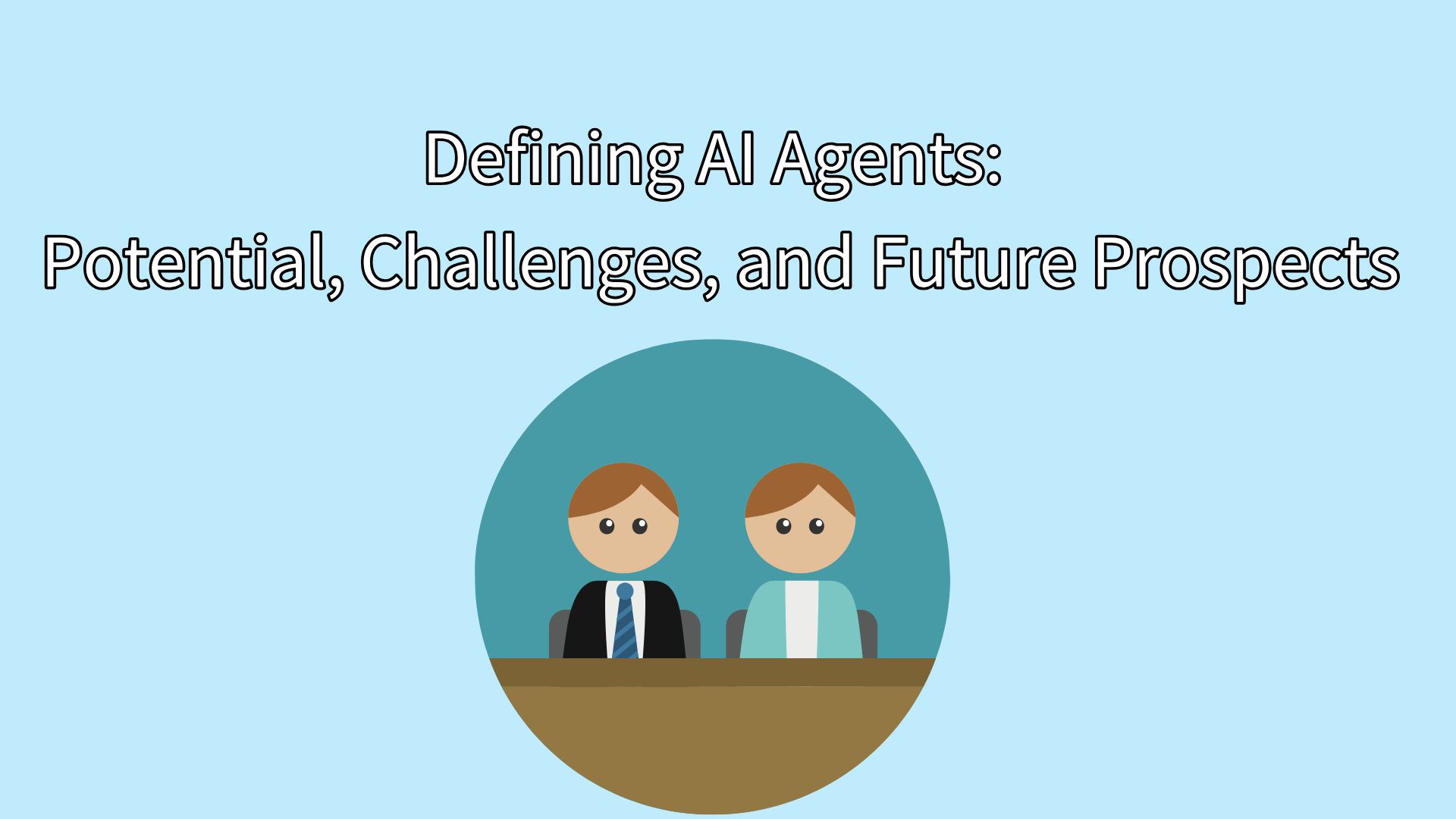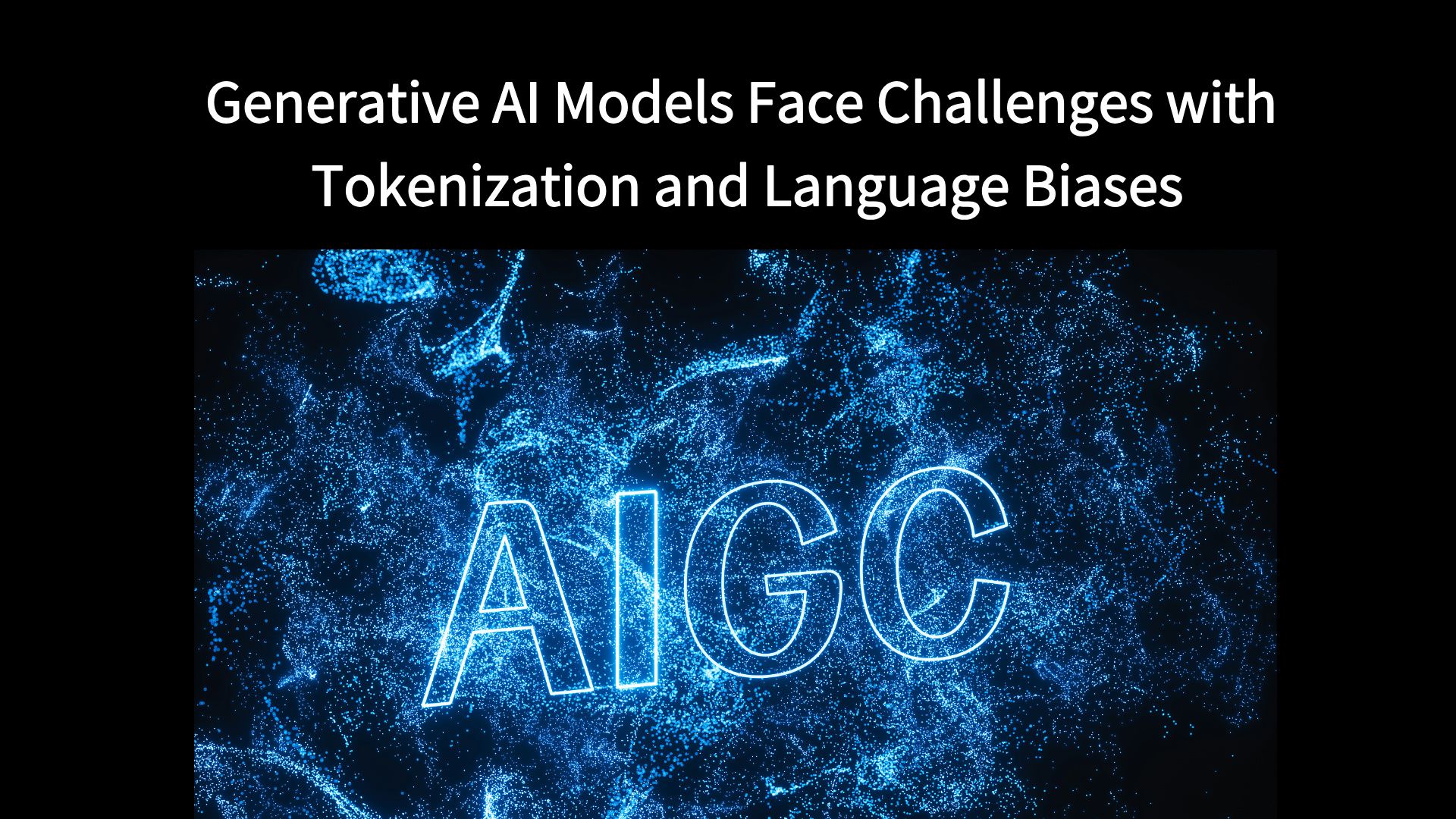YouTube Updates Policy on AI-Generated Content Privacy
Background
With the rapid advancement of AI technology, the need for vast datasets for training algorithms has become crucial for driving technological advancements. However, this also raises increasing concerns over individual privacy rights, particularly in relation to AI-generated content that mimics personal identities and voices. Such technologies not only pose potential risks of misinformation but also raise significant privacy implications. Therefore, striking a balance between technological innovation and safeguarding individual rights has become paramount.
News Summary
YouTube quietly updated its policies in June to allow individuals to request the removal of AI-generated or synthetic content that mimics their face or voice under its privacy request process. This marks an expansion of its responsible AI agenda introduced in November. Instead of categorizing such content as misleading (like deepfakes), YouTube now encourages affected parties to submit privacy complaints directly for removal consideration.
The platform assesses each request based on factors such as disclosure of AI involvement, potential harm, public interest, and whether the content features sensitive behavior or public figures. Content creators are given 48 hours to respond to complaints, with removal resulting in complete deletion from the platform, including personal identifiers if applicable.
Personal Insights
This news about YouTube's updated policies regarding AI-generated content and privacy raises several important considerations:
Privacy Protection and Data Usage
YouTube's decision to allow individuals to request the removal of AI-generated content that mimics their face or voice underscores the growing concern over privacy protection in the digital age. It highlights the complex balance between protecting personal information and facilitating technological advancements.
Technological Ethics and Responsibility
The use of AI-generated content poses ethical dilemmas, particularly regarding its potential for misleading or deceptive uses like deepfakes. YouTube's approach to handle such content through privacy complaints rather than solely through content guidelines reflects its evolving stance on ethical technology use and societal responsibility.
Platform Governance and User Engagement
Beyond automated content moderation, YouTube's testing of crowdsourced notes to provide additional context on videos represents a move towards greater transparency and user involvement in content governance. This could empower users to contribute to the platform's efforts in ensuring content accuracy and ethical standards.
Implications for Content Creators and Consumers
The policy change impacts both content creators and consumers by influencing how AI-generated content is regulated and perceived on the platform. It sets a precedent for how digital platforms manage the intersection of technological innovation and privacy concerns in the era of AI.
In conclusion, YouTube's initiative reflects a proactive step towards addressing the challenges posed by AI-generated content while navigating the complexities of privacy, ethics, and user engagement in the digital landscape.

Related Articles
Defining AI Agents: Potential, Challenges, and Future Prospects
Explore the game-changing potential and current hurdles of AI agents, poised to revolutionize industries with their autonomous prowess!


Cloudflare's New Tool Targets Unauthorized AI Data Scraping
Guarding the web: Cloudflare's new tool tackles AI bots scraping data, raising vital questions about ethics, data ownership, and the future of AI.


Generative AI Models Face Challenges with Tokenization and Language Biases
Unlocking the future of AI: Navigating the challenges of tokenization to ensure fair and inclusive technology for all languages.

